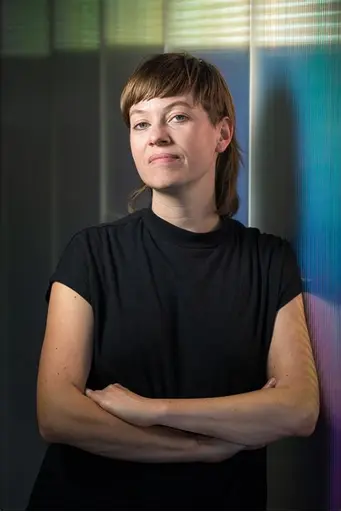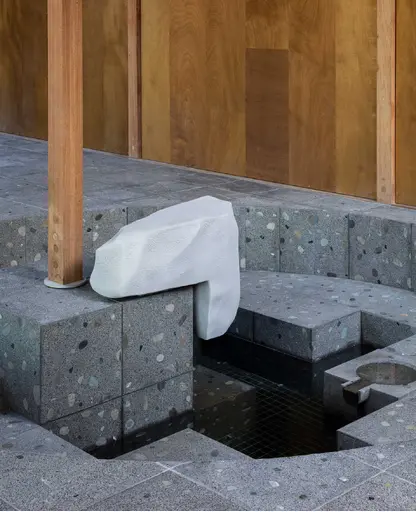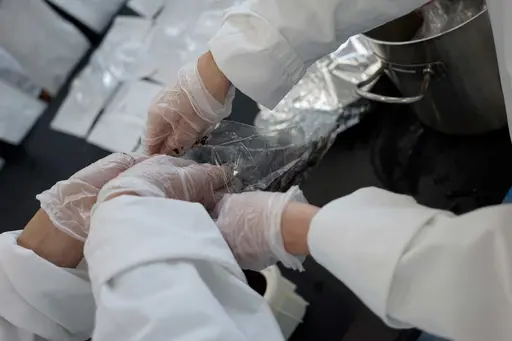Rietveld Sandberg Research is delighted to share that a consortium led by Anja Groten, Head of Sandberg Design has been awarded funding by the Taskforce for Applied Research SIA (part of NWO) under the Artistiek en Ontwerpend Onderzoek 2025 scheme. “Connecting Otherwise: Developing artistic/design research methodologies and workshop formats for regenerative digital practices” will run from September 2025 to August 2027 with a subsidy of € 125,000 supporting the development of interdisciplinary workshop formats exploring regenerative aesthetics and the materiality of digital technologies through hands-on and collective research approaches.
Connecting Otherwise is an artistic/design research project initiated by the research department of the Gerrit Rietveld Academie and the Sandberg Instituut together with consortium partner The Hmm in collaboration with Small File Media Festival (Canada, Ireland), Hackers & Designers (Amsterdam), Stichting LINK (Nijmegen), and contributors including Dorine van Meel, Gijs de Heij, Michèle Boulogne, and Nestor Siré.
Drawing on feminist and decolonial hacking principles and critical making, the project’s aim is to make tangible and reimagine digital materiality while resisting extractive tendencies. Promoting regenerative design principles, it addresses the environmental impact of digital technologies and resource depletion, emphasizing art and design’s role in tackling these challenges. We believe the intersectional character of such challenges requires collective and interdisciplinary approaches to design and art making, which are rarely fostered conceptually and practically within the creative industries and educational institutions. The workshops build upon the expertise of the collaborating partners, who bring together art, design, technology, and education and have been instrumental in bridging art and science, supporting artists and designers in contributing to interdisciplinary research environments.
Via a series of interconnected workshops, the project will engage art and design professionals, educators, students and workshop experts in material-based research around the social and environmental impact of digital technologies. Participants will explore circuit-making through community craft traditions, embrace ‘slowness’ and ‘lowness’ as frugal and regenerative principles for digital design and art making and use weaving as a framework for exploring interconnected digital and territorial relationships. The aim is to creatively and critically examine the challenges that (future) art and design practitioners in the creative industries face when building and participating in contemporary digital culture in ways that are both sustainable and equitable.
Drawing on feminist and decolonial hacking principles and critical making, the project’s aim is to make tangible and reimagine digital materiality while resisting extractive tendencies. Promoting regenerative design principles, it addresses the environmental impact of digital technologies and resource depletion, emphasizing art and design’s role in tackling these challenges. We believe the intersectional character of such challenges requires collective and interdisciplinary approaches to design and art making, which are rarely fostered conceptually and practically within the creative industries and educational institutions. The workshops build upon the expertise of the collaborating partners, who bring together art, design, technology, and education and have been instrumental in bridging art and science, supporting artists and designers in contributing to interdisciplinary research environments.
Via a series of interconnected workshops, the project will engage art and design professionals, educators, students and workshop experts in material-based research around the social and environmental impact of digital technologies. Participants will explore circuit-making through community craft traditions, embrace ‘slowness’ and ‘lowness’ as frugal and regenerative principles for digital design and art making and use weaving as a framework for exploring interconnected digital and territorial relationships. The aim is to creatively and critically examine the challenges that (future) art and design practitioners in the creative industries face when building and participating in contemporary digital culture in ways that are both sustainable and equitable.
research group
Materiality
Materiality




